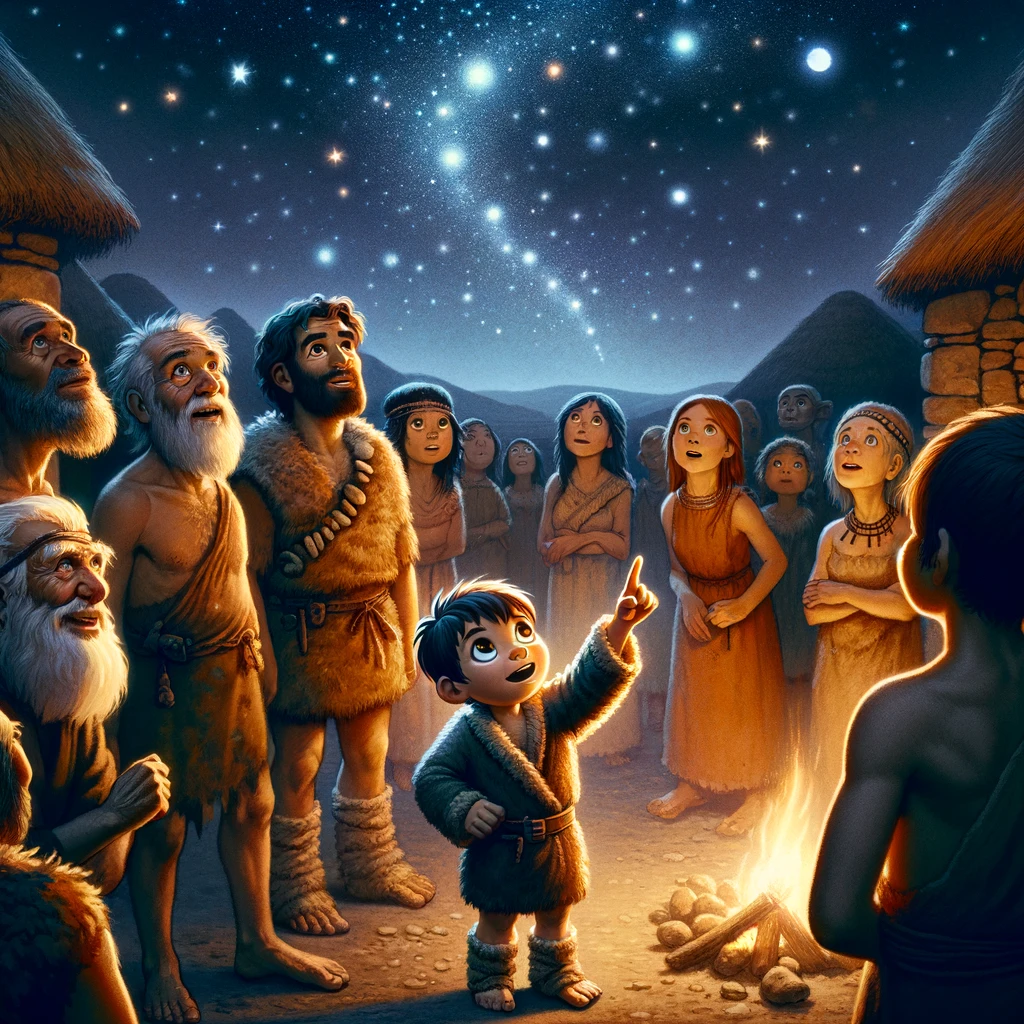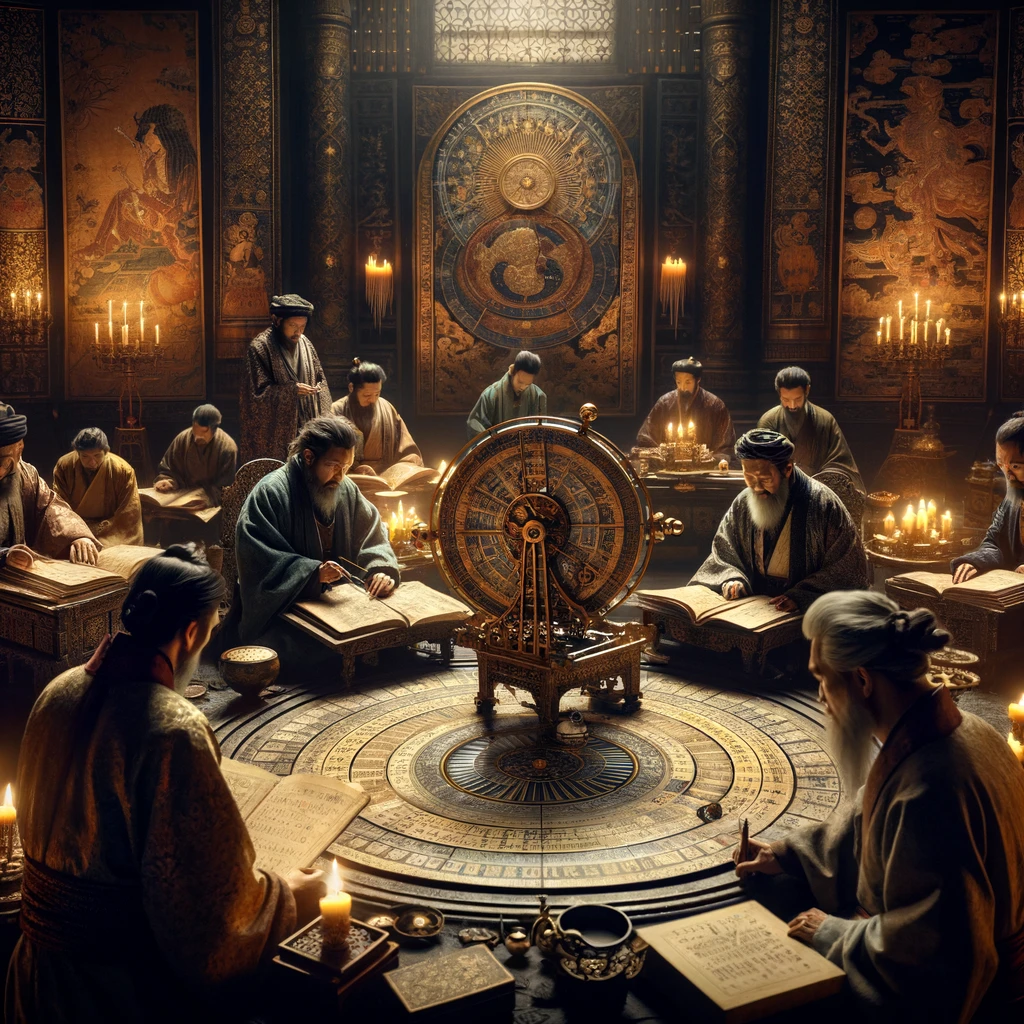
I never really thought I would write something like this. Up until pretty recently I was myself quite dismissive of the practice. A couple of years ago I was on the Amtrak with my girlfriend and we had gotten one of the roomettes for the long trip. It was my first time staying in the sleeper car, and I absolutely loved it. I can’t recommend it enough. If you’ve never ridden on the Amtrak, what you might not know is that they occasionally group folks together for dining service. The Amtrak is actually an extremely social experience, even if you opt for the privacy of your own room. It was because of this assigned dining circumstance that my girlfriend and I met Beranice, a fellow sleeper car passenger.

To this day the two of us aren’t sure if she was really human, or perhaps an angel. I like to wear jumpsuits but my girlfriend had convinced me not to, arguing that it was a little autistic to wear a jumpsuit on the train–but here was Beranice in a bright white painters jumpsuit, completely unblemished from any sort of manual labor. She was an elderly woman, in her 70s or so. Sometimes in life, you meet somebody, and you can immediately tell they’re in another league. By that I mean, they are at least one, if not two or three standard deviations of intelligence above you. Sometimes it’s hard to keep track of exactly how much smarter someone is than you, but suffice it to say that she was clearly very smart.
I won’t tell you too much about her story to justify her intelligence, but I will say that she made a fortune in a math-heavy male dominated field in an era where it was extra hard for a woman to succeed in any workplace, let alone one so heavily male dominated that it is still known for misogyny even in this day of Diversity, Equity, and Inclusion. She spoke with the sort of patience one develops from exclusively speaking to their intellectual inferiors. While she was explaining the intricacies of a mathematical model she had developed with a colleague to plan profitable trades, she mentioned that she waited to employ it until after she had consulted her astrologer.
And so I laughed. I wasn’t trying to mock her or anything, though I did find astrology laughable at the time. The atmosphere had been so jovial, and, owing to my perception of her intelligence and my own notions of astrology, I just assumed she had made a joke. I’ll never forget what she said next. Her tone immediately shifted with a sense of gravity that had been absent in our conversation when she said: “You know, Zy, I wouldn’t be so quick to dismiss astrology if I were you.” That was it, but it had a profound impact on me.
Whenever I meet someone whose intelligence so obviously completely dwarfs my own with a mental model of the world foreign to me (this has happened maybe 6 or so times in my life), I really do try and make an effort to readjust my model to accommodate what their intelligence has revealed to them. This article then, is the fruit of my adjustment after meeting Beranice. I did not try and take the cop-out of, “oh, even if this thing is so obviously false, perhaps believing in it is justifiable because of some sense of meaning people derive from it.” That’s never been a satisfying justification, and besides, it was clear that this was not the direction this genius had taken with it. To her it had real, tangible value, and she attributed no small part of her immense financial success to this practice.
To briefly sum up what I discovered about astrology before I launch into my diatribe in its defense, let me say this one sentence which should be your takeaway from this post:
In the complex system of interconnected dependent variables we call life, astrology provides a much needed set of independent variables to make sense of these equations.
The Cradle of Civilization: How Astrology Comes About
If you’re a student of history, one thing you’re probably aware of is how every ancient civilization, regardless of geographical or cultural connection, manages to develop some sort of astrological system. So how does this come about? I think the answer is fairly well-known and intuitive to those who have studied the matter, but I will make the case anyway for the purposes of defending the practice.
Your civilization is finally getting off the ground. You are wanderers no more, and have decided to put down roots where you now stand. Regardless of how this comes about (some say its alcohol, some say divine revelation, and even others say its an accidental discovery), you find yourself at this crossroads because you are now developing the First Technology: agriculture. Now, if you’ve ever tried to grow a little garden, you know cultivating plants is no joke. It is a cruel exacting science that takes no prisoners. Nothing will fill you with wonder as to how plants manage to grow anywhere at all quite like trying your hardest to grow them intentionally. Plants can be divided quite neatly into two categories: perennial plants that grow and develop year over year and annual plants that have plant and harvesting cycles on a yearly basis. Let’s first talk about our annual plants.
So you want to grow wheat. As it says in Ecclesiastes, “there is time to reap and a tie to sow.” Pretty quickly you and your countrymen will start to realize your yields at harvest time are quite different depending on when you planted. You’ll also start to notice that harvest time seems to come at a pretty regular time, regardless of when you planted! One day, the local autist in your village points something out: last year we planted all our seeds right around when that cow-shaped cluster of stars was on the horizon, and we had the biggest harvest ever! Let’s try that again next year, he suggests. So you do it, and lo! Another gangbusters harvest! That little autist just became the first astrologer.

“When are those tasty fatty birds we like to hunt going to come back?” you ask him, and he points to a star and tells you “when that star is over there” he says, moving his finger down the sky. You’re not so sure, but out of curiosity you track that star for months until it reaches the appointed location. Sure enough, just as he predicted, the birds show up! It’s pretty easy to understand how the movements of celestial bodies are correlated to certain events in nature. In the case of the sowing and harvesting times, the real action is the changing of the seasons–the movement of the stars is just a handy heuristic to keep track. In the case of migratory patterns with birds, sometimes the star itself is causal. As we now know, through modern science, birds will literally use the stars to navigate, so you can use them in the same way to find and hunt the birds.
To codify this knowledge, and make it easy to transmit across generations, you tell stories about the stars. You try and identify groupings that are easy to recognize and give them names. “we plant cabbages when the cabbage star is over there; the fish appear in the stream when the sun moves through the fish star cluster; the dry season ends when the dry stars disappear over the horizon.” Do the movements of the stars cause these things? Not necessarily (though, again, as in the case of the birds, sometimes they do!). But! Is keeping track of the movements of the stars across the sky useful? Absolutely. The civilization that keeps track will always outperform the civilization that ignores the heavens.
Civilization Advances! More Dependent Variables to Track
Congratulations! Your civilization is doing very well thanks to your budding astrological practices. Your crop yields are doing well; hunting parties are more successful; you start wondering what else the stars can tell you about. You’re the king of a nascent empire and it’s time to start thinking about an heir. “I know,” you say to yourself, “I will ask the astrologers the optimal time to conceive my heir.” And this is really where I’m sure I’m starting to lose a lot of you. “What nonsense!” You might say. “Sure, astrology might be useful as a prediction heuristic for agriculture, but you’ve finally gotten us to the area where this whole crock falls apart!”
Not so fast, dear reader! If you had access to modern statistics and data gathering methods, some understanding of modern biology, and basic science, you might be able to piece together that babies who have well-fed mothers grow up to be stronger and smarter. This is, of course, owing to the quality of breast-milk produced by a woman who has the right nutrients in her diet–but you don’t know any of that stuff. Instead, what you might notice is that babies born around harvest season tend to grow up stronger and more well-developed. You might make the connection to the availability of food, but you also might not. It really doesn’t matter, because all of the sudden, you can start to make some real, accurate predictions about the life trajectory of a child based on the time of their birth, which is easiest to track using the positions of the stars for reasons we have already covered.

And then it’s not a difficult leap to do some math, and determine the optimal time for conception based on the optimal time of birth. The astrologer sagely advises you lay with your queen when the scorpion is near its apex in the sky, which just so happens to be about 9 months before the harvest stars reach the horizon. Another unmitigated win for astrology!
It wasn’t too long ago that Malcolm Gladwell, in his book Outliers, noticed that Capricorns are improbably over-represented in National Hockey Leagues. He was quick to point out that this wasn’t a win for astrologers (of course, it actually was) because there were myriad explicable factors that led to this over-representation. Capricorns, he explained, are likely to start school almost a full year older than their peers, due to the peculiarities of the modern school system, and how school starts in the fall. They’re usually too young to start when the first autumn rolls around, and so when they do finally catch up in the next cycle, they’re developmentally ahead of their Virgo peers. As a result of this development disparity, they’re just absolutely GOATed at team sports.
Because they’re so comparatively good, they get more time on the field, more one-on-one coaching time, and develop a lot more self confidence. This head start follows them for their entire lives until they wind up being like 85% of the NHL. Might this lifelong head start follow Capricorns in other areas of life who don’t go into pro sports? It seems pretty silly to think that it wouldn’t, especially in light of what modern psychologists seem to believe about early childhood development setting the stage for lifelong traumas, coping mechanisms, and personality traits.
Let’s turn back to our budding empire. You’ve implemented a national civil servant exam to capture talent from around your kingdom. Resources are scarce, so you have the exam every six years. The cyclical nature of your exam leads to some interesting quirks with astrology not unlike the American school system starting every fall. You consult the national Zodiac and find that children born in the year of the Dragon are more likely to raise through the ranks of the civil service organization you set up. Are they blessed by the Dragon in the sky? Well, yes, in the sense that Dragon kids are more likely to be finishing school and probably have about a year of real-life experience leading up to their first crack at the exam. So they test into your civil service program younger than other star-signs, and at higher rates. This initial beginning follows your young mandarins for their entire careers, until 85% of your ministers wind up being Dragons.
If you had three children and you wanted to know how to allocate your very limited peasant resources to ensure their success, the astrologer would be praise-worthy indeed for suggesting that you focus your education resources on your year of the Dragon child. The child born in the year of the Boar, under the Sagittarius constellation, is more likely to have a successful career in the military for their own set of reasons. They don’t need to study law; they need to study the blade. You can start to easily see the value of this stuff in the ancient world, but, as Malcolm Gladwell pointed out, it doesn’t suddenly lose relevance because we have other means of tracking those independent variables. It remains a valuable heuristic for forming impressions about people and predicting future events that, though deeply flawed, will still be correct more often than not.
Some General Observations
It is well known that the moon has a large impact on human behavior. The most famous and well-documented manifestation of this phenomena is that crime rates are much higher on days and nights with a full moon compared to other days. I think this is intuitive that the moon should impact human behavior. It is, after all, the governor of the tides and bodies of water, and we all know the human body is more than 70% water.
Likewise the behavior of migratory animals like birds is greatly impacted by the movements of celestial bodies, as we have seen. From an evolutionary psychology perspective, observing vestigial psychological phenomena in humans (who have been largely nomadic throughout history) seems fairly intuitive as well.
Astrology is, first and foremost, a statistical practice and a study of mass psychology. The principles and mechanisms of mass psychology are not always good predictors of individual human behavior, but that doesn’t make the scholarly pursuit worthless. Astrology as a heuristic is incredibly valuable, and Beranice was right to admonish me to not dismiss it so easily.
There are a lot of things in life that are cyclical in nature. Congressional terms and presidential elections, quarterly earnings reports, changes in climates, population booms and busts (in animals and people), disease outbreaks (usually as a function of the population booms), school years and PhD program lengths, I mean, I could really go on for days. For every cycle on earth of whatever length, there are myriad celestial bodies in the sky that can be found that loosely correspond to those cycles. A valuable heuristic, especially when some cycles exceed the length of a human life. Keep an eye on the stars and the wisdom of the ancients, and you might learn something of value readily applicable to your life. In Beranice’s case, her mathematical model pointed to a recession starting in 1970. Her astrologer pointed out that some celestial passage associated with economic strife was set to occur three years after that. The result: she put those two data points together and executed a risky trade that earned her her fortune when the recession began in 1973. Maybe she just got lucky, but she observed a lot of times in her life where the data and astrology worked together to give her a leg up on the competition, not unlike our earliest civilization that looked to the stars to determine when to sow their wheat.
Rebuttals
Some of you may be thinking, “Zy, this isn’t astrology at all! What you are describing is in fact the use of astronomy for time-keeping purposes, mixed with other disparate fields to make reasonable predictions!” To that I would say that what you have just described is exactly what astrology is, at its core. If you found my use-cases compelling (or at least not completely stupid) but still want to dismiss them on the basis of not being real astrology, I would say that you have presupposed that astrology is something useless, and that anything useful that comes of it must not be real astrology. It’s the no-true Scotsman of the stars, and not a good argument.
Maybe you don’t find my use-cases compelling. Like Malcolm Gladwell, you think, “well, it’s true that astrology can sometimes be correlated to some interesting things, but because its not causal it’s ultimately a distraction and we should focus on our time identifying the underlying mechanisms. Also your arguments about the moon and human bodies being made of water were dumb.” To that I would say it’s true that we ought to focus on the underlying causal mechanisms for things, but that it is not always practibile to do so. The stars as an independent variable are so powerful because no government or culture needs to maintain them the way they do for big data sets and SaaS products that perform statistical analysis. Civilization could die out tomorrow, and I could still use the Pleiades to very successfully plant my first post-apocalyptic crop. I also focused on their value as a heuristic, and any good astrologer looks beyond the simple movements of the stars to make a prediction–it’s all in a broader context.
I’m not advising you to throw caution to the wind and base all of your life decisions upon the shaky practice of astrology. All I am saying is what was told to me: do not be so quick to dismiss astrology.

